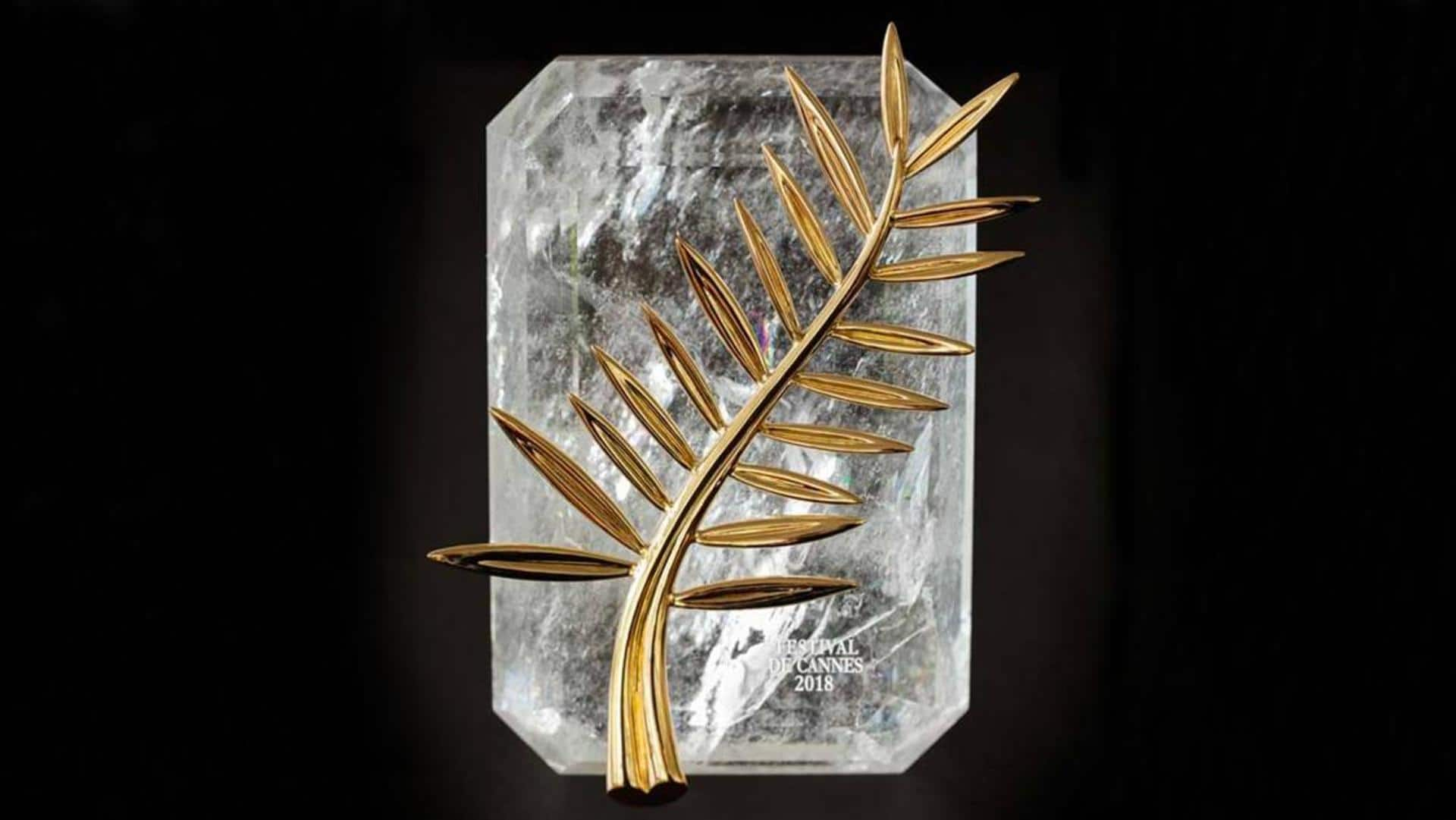
Cannes 2023: Revisiting controversies surrounding Palme d'Or award
What's the story
The 76th edition of the Cannes Film Festival is all set to take place on Tuesday, and the excitement around the most prestigious festival is at an all-time high. The Palme d'Or is the highest prize awarded at the festival, however, the selection process for the same has been the subject of much debate and controversy over the years. We reflect on these controversies.
Context
Why does this story matter?
The movies that are bestowed with the reputable Palme d'Or secure a place in film history, and the most popular winners include Taxi Driver, Apocalypse Now, and Parasite. It is noteworthy that before Palme d'Or, Grand Prix was the highest honor in the prestigious film festival. Every year a minimum of 10 films compete, and this year a total of 19 films are competing.
Details
But first, who decides Palme d'Or winner at the festival?
The winner is picked by the members of the jury of Cannes's Official Selection, which changes every year. This year, jury members comprise Moroccan director Maryam Touzani, French actor Denis Ménochet, British-Zambian screenwriter and director Rungano Nyoni, American actor-director Brie Larson, American actor and director Paul Dano, Afghan writer and filmmaker Atiq Rahimi, Argentinian director and screenwriter Damián Szifrón, and French director Julia Ducournau.
#1
Lack of diversity
The Cannes Film Festival has always faced criticism for its lack of diversity in the selection process. It is surprising to note that Julia Ducournau became the second woman in 76 years of Cannes to take home the prestigious Palme d'Or award in 2021. Between 2016-2018, only three female filmmakers made it into the competition each year. This year, six female directors are competing.
#2
Political bias
The festival has been under the scanner for having a political bias in its selection process, too. In 2016, Serbian filmmaker Emir Kusturica accused the committee of turning down his film over his support for the Russian president, Vladimir Putin. Notably, Kusturica won the festival's top prize twice—in 1985 for When Father Was Away on Business and exactly a decade later for Underground.
#3
The selection of controversial films
The selection of controversial films has also led to controversy. For example, in 2013, the French drama film Blue is the Warmest Color won the Palme d'Or unanimously. However, the film was already generating controversy at the time of its win, due to allegations by the film's crew and lead actor of poor working conditions on set and the film's raw depiction of sexuality.
#4
When women criticized the Cannes committee for honoring Alain Delon
Many times the festival has been accused of having a political bias in its selection process for the ceremony's most prestigious award. To recall, in 2019, Cannes awarded an honorary Palme d'Or to Alain Delon, a veteran French actor, who openly confessed to slapping women, opposed the adoption of children by same-sex parents, and even supported the rise of the far right in France.